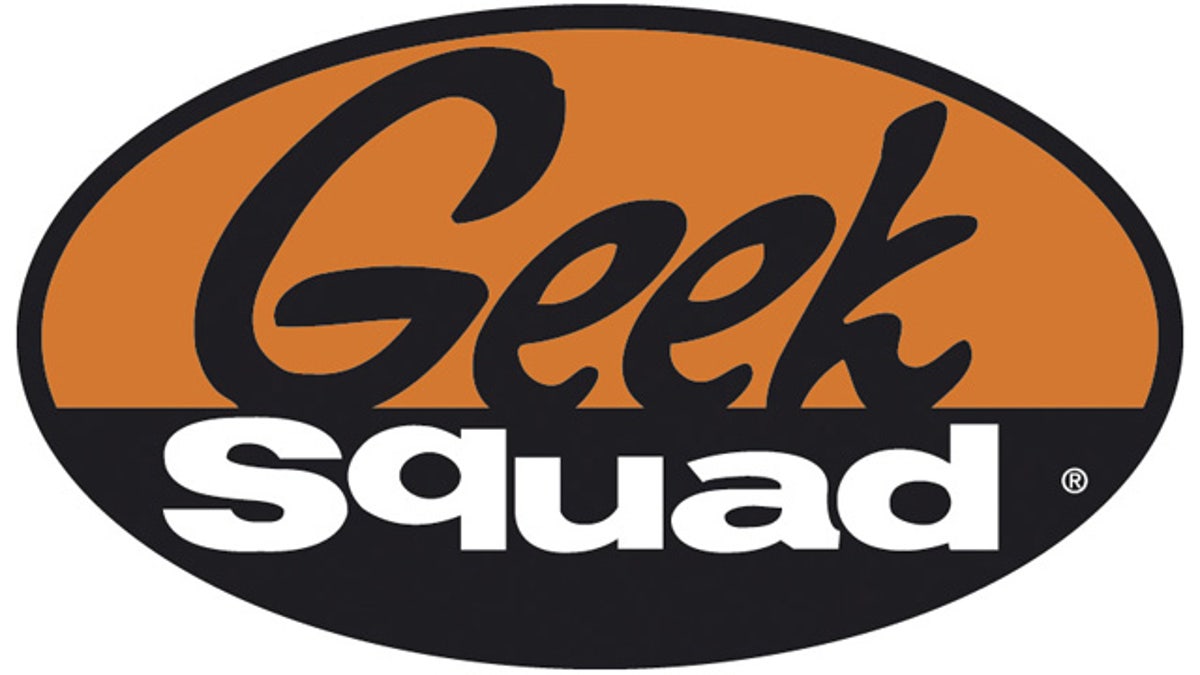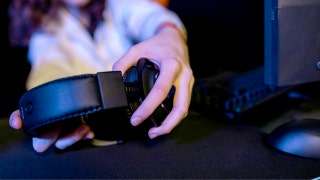
(The Geek Squad)
You've got tech questions, we've found the answers. We've asked the tech experts at the Geek Squad to help you make the most of your technology, answering your thorniest tech questions. So if you're wondering what to buy, how to plug it in, or how to fix it, the Geek Squad can help.
This week, Geek Squad agent Derek Meister fields YOUR questions.
"I have so much spyware, on my computer, it’s embarrassing! I know there’s a real problem, but I just don’t know what to do. How do I clean this gunk off my system? Can I do anything myself?" -- Robert Stafford, IL
Malicious software, such as viruses and spyware, is a continuing concern for many as Internet usage increases. Newer pieces of malware can be engineered to be extremely difficult to remove once your system is infected without manually accessing system files on the computer.
There are some software tools that you can look at, such as the Kaspersky Virus Removal Tool or Microsoft’s Windows Malicious Software Removal Tool that may help. However, it’s important to be aware that many malware infections will need detailed inspection of the operating system to remove any hidden infections that could continue to put your data and files at risk.
________________________________________________
"I got a new 46-inch Samsung LCD HDTV for Christmas, a really nice one. But I’m not sure what I need to connect it to my DVD player and cable box. I guess I have the option of HDMI cables and RCA-type cables -- is there a difference? Is one better or worse? And I can buy them online for a wide range of prices. Are all these cables the same?” -- Sue A. Dahl, GA
Whenever possible, you’ll want to make use of the high-definition digital connection made possible with that HDMI cable. An HDMI connection also reduces the number of cables you need to run between your devices, as it transmits both audio and video across that single cable.
In terms of which HDMI cables to use, it depends on the specific needs of your setup. The basic functionality of HDMI cables are the same, they transmit digital bits from one device to another. The differences you’re seeing in cable selection come from the physical construction and materials of the cable. This difference in construction, such as better protection around the cable itself and stronger end-connectors, tends to make a bigger difference for longer lengths or in-wall use.
You’ll also want to make sure that the HDMI cable you select supports the version of the HDMI your device requires. Most cables will work in most situations, but you’ll want to check your device’s manual to confirm if there’s a requirement for HDMI 1.4 versus 1.3, and confirm the cable will cover both standards.
"I received a copy of Windows 7 for Christmas. Is there an easy way to upgrade my old computer from Windows XP?" -- Steven K. Schwartz, NJ
The first thing you're going to want to do is confirm that your existing Windows XP system meets the hardware requirements needed to install Windows 7. You can do this easily by downloading and running the Microsoft Windows 7 Upgrade Advisor.
Windows 7 currently will only do what’s called an "in-place” upgrade from Windows Vista. To install Windows 7 on a Windows XP system, you'll need to back up your important data, such as your photos, documents, music and videos, and then do what’s called a "clean install,” which will wipe your hard drive of files and install a completely new operating system.
The easiest way to back your data up will be through the use of an external USB hard drive. These can be purchased at your local Best Buy, and will be a great way to continue to back up your files after your install.
After the Windows 7 install, you can reinstall your programs from the original install media, but make sure to check for any updates from the software developers for Windows 7 compatibility.
"My next door neighbor hired a guy to come in and fine tune the picture quality on his new television. Should I be doing something similar? Everyone says the brightness gets turned up in the stores – so I guess I should turn it down on my set?” -- Steve Yockey, ID
HDTV calibration ensures you’re getting the most out of your home theater investment. Think of it as a high-def tune-up for your TV that helps make sure the audio and video you’re seeing when watching that Blu-ray movie looks and feels the same as it did when you were in the theater.
Professional calibrations like those provided through the Geek Squad involve specialized hardware that measures your TV’s audio and video output to help the Home Theater Agent help fine tune your HDTV to its peak performance and get you the movie-watching experience you deserve.
But you can get a good start on your own using the THX Optimizer calibration software that's tucked into an awful lot of DVDs these days. You can find it on the Terminator 2 DVDs, for example. And it'll instantly help improve your movie experience -- with or without the popcorn.
Got a question? E-mail us at AsktheGeeks@foxnews.com and we'll relay it to the Geek Squad. Next week, the Squad will answer the most interesting or most frequently asked questions.








































